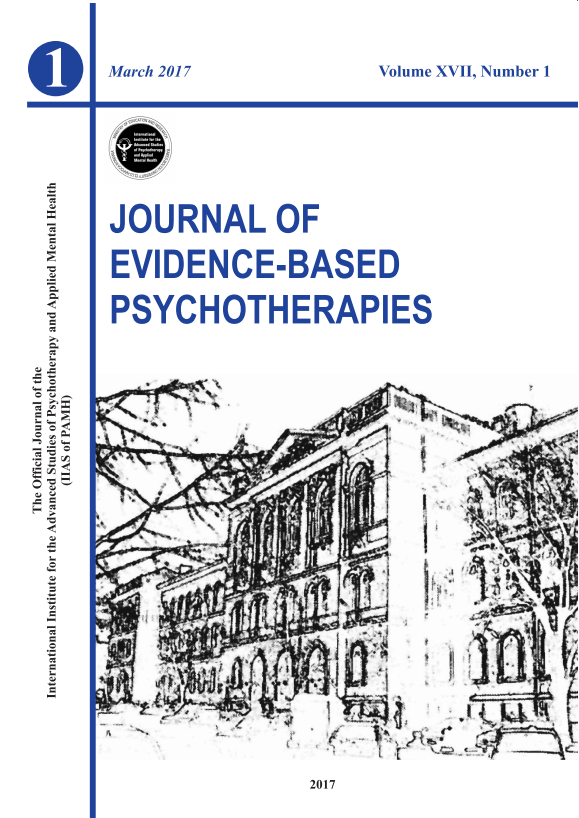Demetris KATSIKIS*
Hellenic Institute for Rational Emotive and Cognitive Behavior Therapy,
Athens, Greece
Abstract
The purpose of this article is to offer further support to the concepts of Evidence-Based Research (EBR) and Evidence-Based Practice (EBP). Definitions, characteristics, connections and important clarifications between the two concepts and their impact in science, health and society are made throughout the text. Indicative important EBP protocols are proposed while David and Montgomery’s unique Psychotherapies Classification Framework is highlighted because it stresses the importance of taking into consideration the combination between theory and therapeutic package as a basis for efficacy classification. We also propose that treatment packages could be tested across different types of theories given that practice should be accompanied by a general theory of concepts, a classificatory schema of problems/issues, a theory of problems/issues and a theory of change. Finally, we discuss the current status of EBR and EBP in psychology and psychotherapy while we comment on the critical importance of the integration of EBP protocols in contemporary health care systems and societies.
Keywords: evidence-based research, evidence-based practice, evidence-based protocol, theory and therapeutic package, general theory of concepts, classificatory schema of problems, theory of problems, theory of change.
